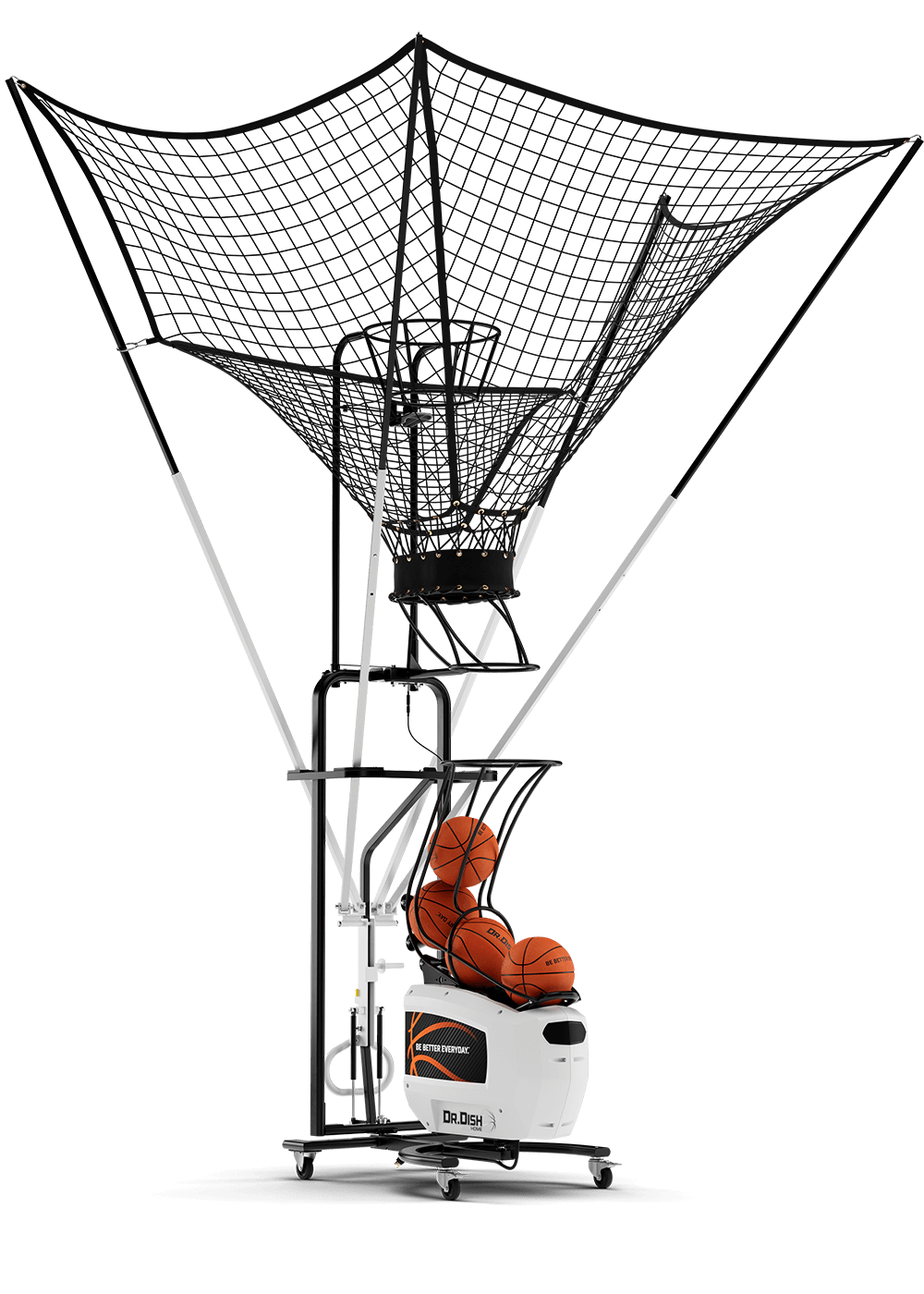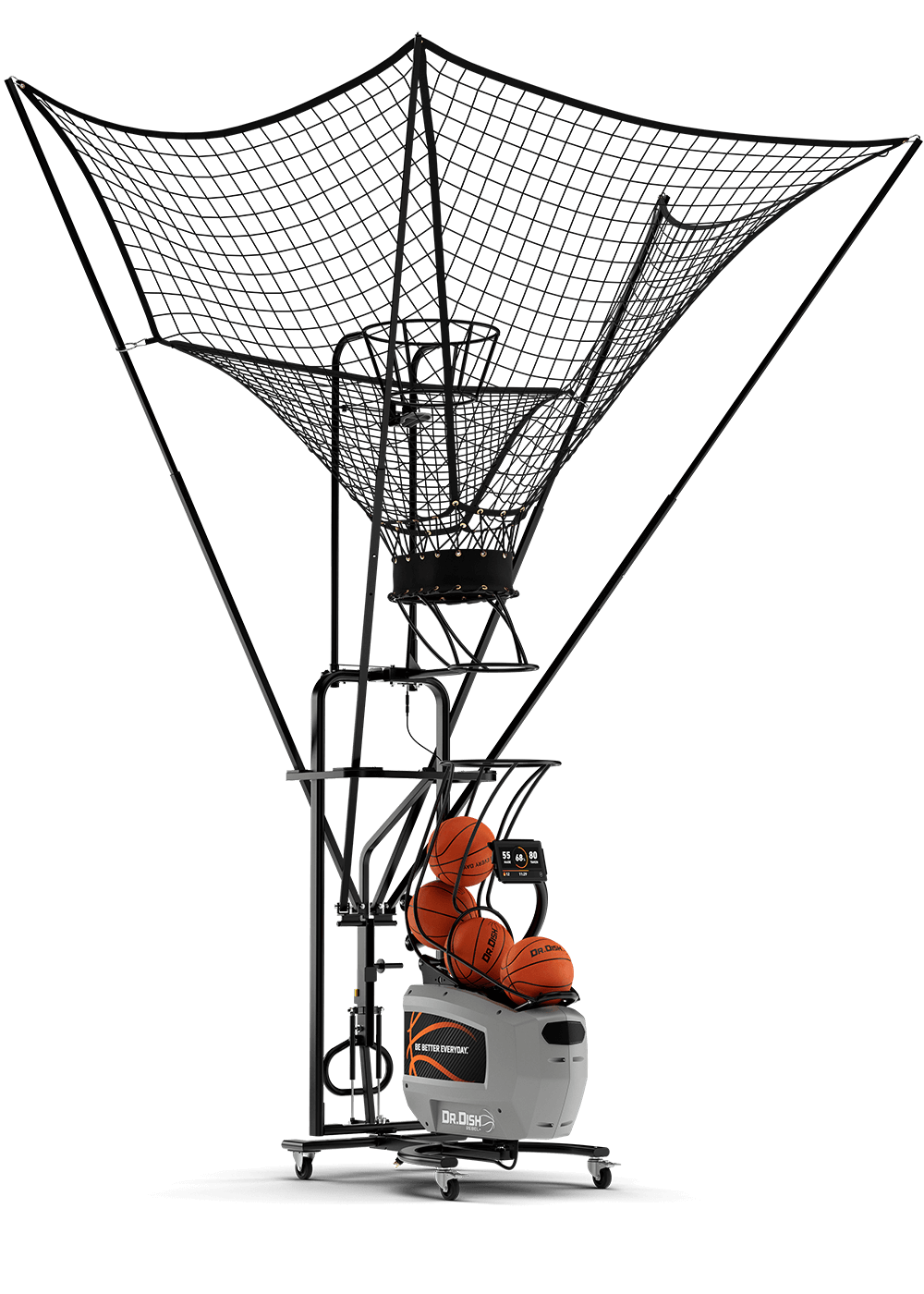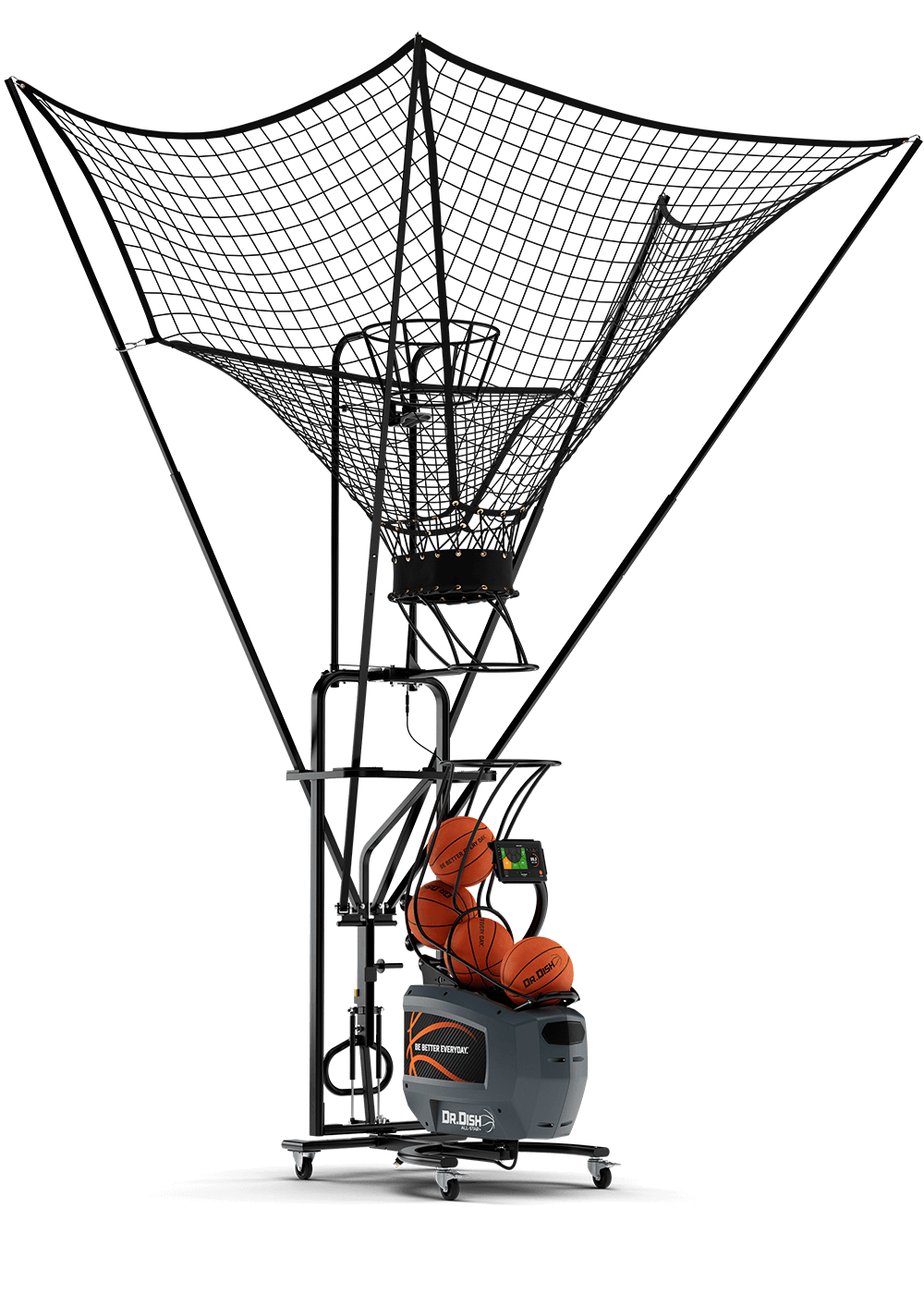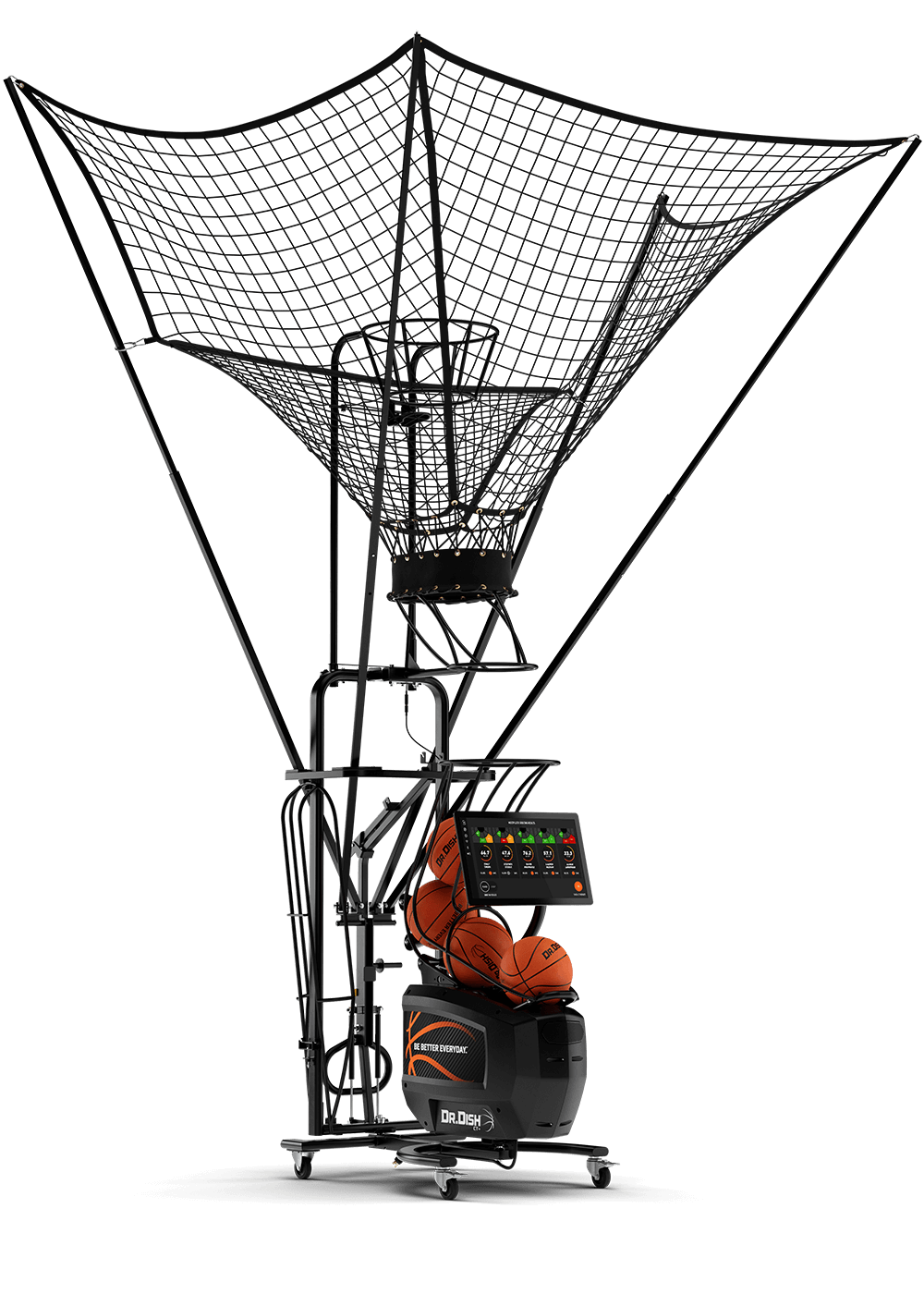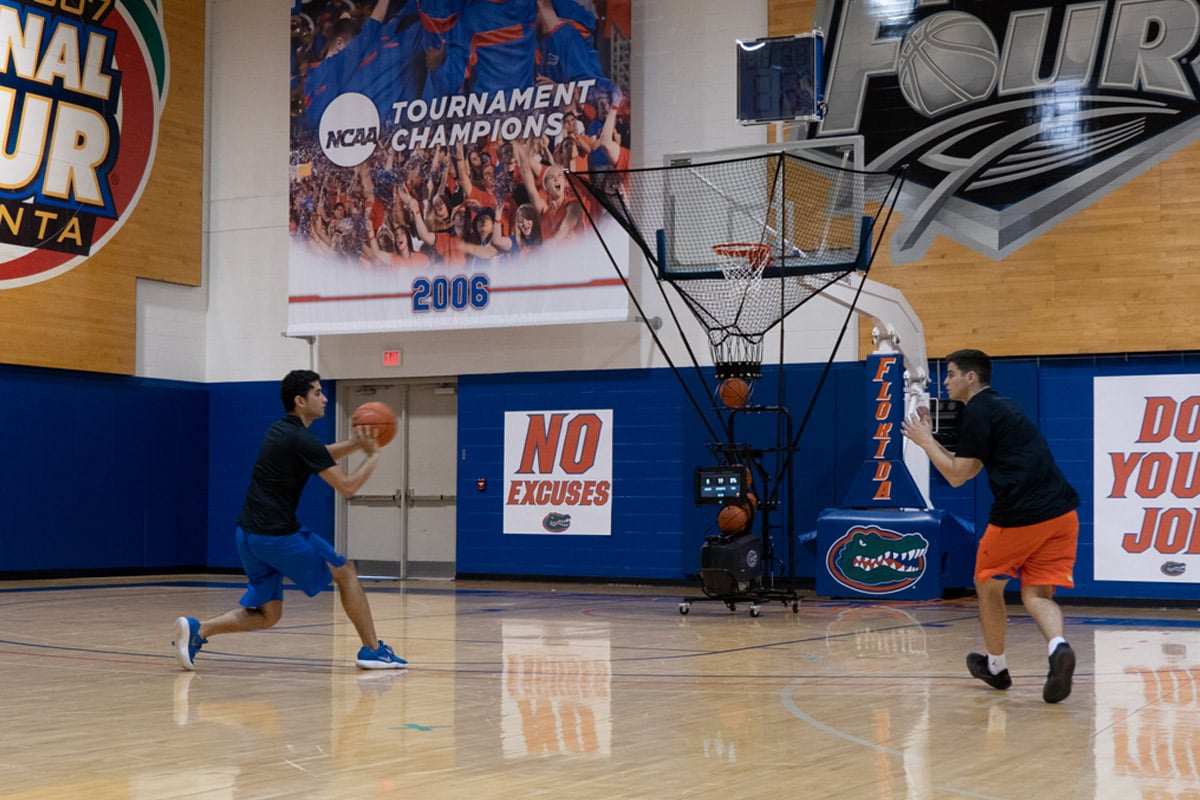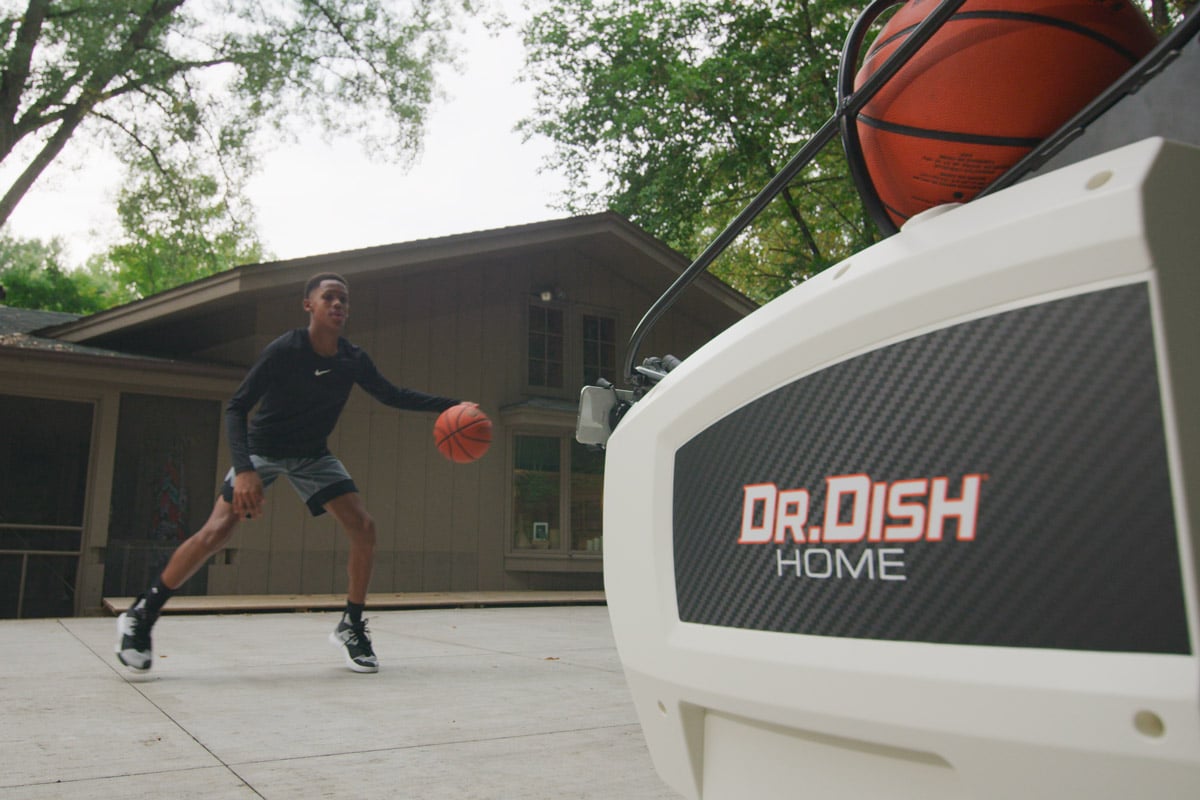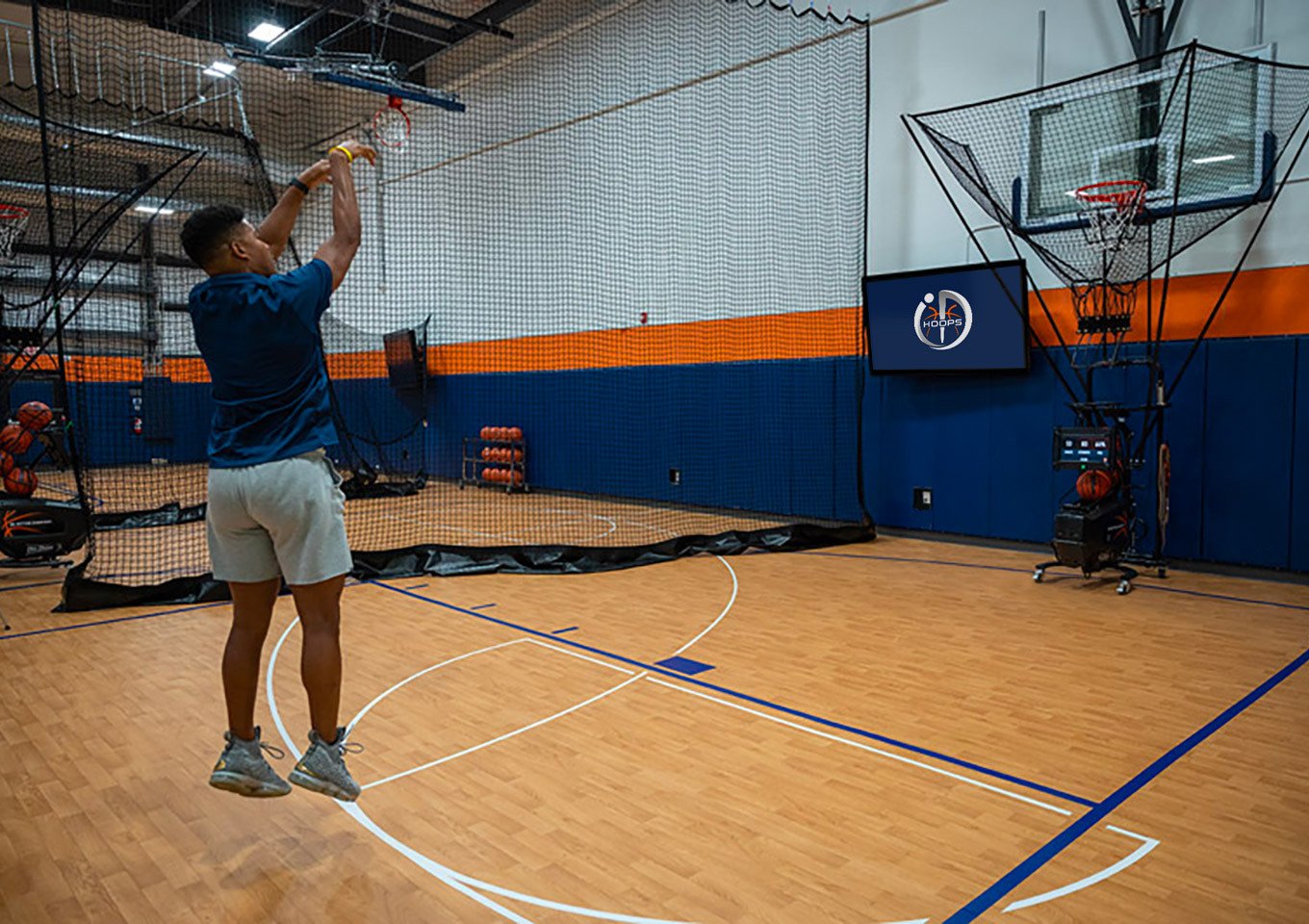Basketball Drills: Becoming a Lock-down Defender
by Jefferson Mason, on Sep 16, 2016 5:03:51 PM
At every level of basketball I played, there was always that one player I hated matching up against. Sometimes it was a gifted offensive player, but usually it wasn't the player that could score or was a better offensive player than me. It was the guy that was a lock-down defender and a hound when guarding the ball. One of the most important youth basketball drills a young player can do is working on lock down defense.
Defensive minded players have a unique capability of making an offensive player feel uncomfortable by taking away space at the right time, playing angles the correct way and denying the basketball at the right times. These players are the ones that seem to never get tired and are always the most physical on the court. They often don't get the statistical recognition at the end of the game or season, but everyone knows their worth. Some players are naturally guided into becoming this type player because of necessity or even by the way they were coached early on. Not everyone has the mindset to be a high level defender, but everyone can learn the skills it takes to get there.
ELIMINATING SPACE
It's important to make a gifted offensive player feel uncomfortable. Make sure you are dictating where the player is going and what you're going to take away from them. Eliminating space is a hard skill to learn but one of the most important aspects of playing defense. Most players shy away from pressuring their defender because they are afraid to get blown by on defense or they are just to tired to press up. Eliminating space helps keep your opponent from feeling comfortable and also limits their options offensively. Tony Allen is amazing at eliminating space and prolific NBA scorers have acknowledged this openly. It's very important to remember that it's not always possible to eliminate space, but when the opportunity presents itself, you must take it. Typically closing out to a player if you were in help side defense, or after the ball has been skipped, is tough. If you try to close out all the way to the shooter initially, they will almost always blow past you. What you can do is close out short with a hand up, contest the shot and prepare for a blow by. When you see the player isn't in attack mode, you can quickly close the gap and eliminate the rest of the space by using your body and arm. Your goal is to get that player to pivot away from the basket and when they do this, you close the space even more.
PROPER DEFENSIVE ANGLES AND ANTICIPATION
Learning how to properly play defensive angles will help players especially if they aren't the quickest or most athletic player on the court. Understanding how to anticipate where passes are going or how your opponent moves will help save energy and frustrate your opponent. Denying the basketball will lead to easy steals and take the offense out of rhythm. If you can prevent your opponent from even touching the ball, then you have won half the battle. When denying the basketball, you want to make sure you are level so that you can see your assignment and also see the ball. Make sure to have a hand in the passing lane. If you are guarding a shooter, you will be asked to shadow the player around screens and you will not want to go one man removed on any screens. On the flip side you will do the opposite when guarding a slasher or non shooter. Anticipating where your opponent wants to go, taking that away, or jumping the lane when they are trying to get open will frustrate your opponent and make them get out of their offensive flow. Lastly, when you are disciplined with your angles and responsibilities on the defensive side of the court, you will find that team defensive intensity and results will follow accordingly.
PLAY HARD AND AGGRESSIVE
Playing hard and aggressive is crucial for defensive success. You can have the best technique in the world defensively but if you don't go hard it won't matter. If your opponent is more aggressive and tougher then you, they will dominate you. Playing aggressive from the start of the game is also important because it will set the tone for how the referees will call the game. If you plan on hounding your opponent and being physical, it's important to show that aggression right off the bat and force the refs to adjust accordingly. Diving on the floor for a loose ball, saving a ball before it goes out of bounds and bodying up a bigger/stronger player are all examples are playing hard. Doing this will increase playing time, your confidence and equal more wins when its all said and done.
NEVER GIVE UP ON A PLAY
Sacrificing your body on the court is tough but extremely rewarding and coaches absolutely love seeing this. It takes effort and energy to stay focused and dialed in throughout an entire game. Games are often decided by one or two points and when you consider this, it puts into perspective the importance of each play. It's easy to give up after an opponent gets by you or gets a wide open fast break. The best defensive players will hustle and get back into position to make a play happen or be prepared if an opportunity to make up for a mistake opens up. This year in the NBA Finals, we saw Lebron James chase down Andre Iguodala and make an amazing block that turned out to be the turning point in the game. Lebron chose not to give up and be lazy and thats why he's one of the greatest players in the world.
It's necessary to work as hard on defense as you do on offense. This will ultimately help you become a better player and you will see more playing time because of it. Success isn't easy when you are required to work harder and smarter than your opponent. That being said, be sure to train hard, smart, and with a purpose like we do here at Dr. Dish Basketball!
Wondering if you're training correctly? Check out this list of common training mistakes to make sure you game is on point!




